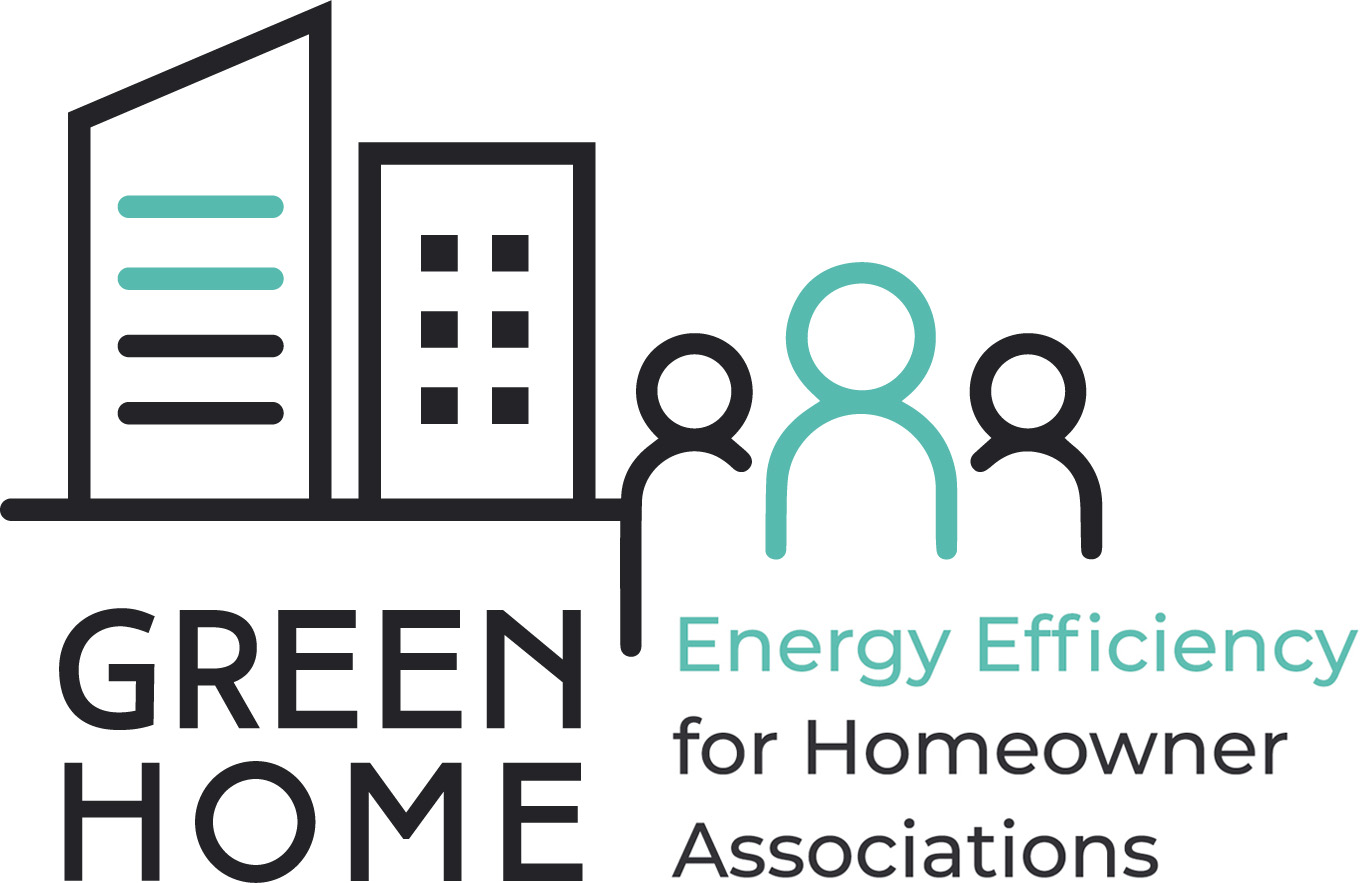
Removing barriers to renovation projects by homeowner associations with one-stop shops
Renovating one’s own home is a time-consuming, strenuous and expensive undertaking that upsets the daily routine of the residents for a long time. This is the impression that prevails above all when homeowners start thinking about how they can save energy and maintain their property in a contemporary manner. This often leads to necessary decisions being postponed or the project being abandoned altogether. In addition, there are reservations because a wide variety of technical and bureaucratic requirements have to be understood and observed.
The situation becomes even more complicated when several owners in homeowner associations (HOA) want to make a decision on the renovation of their building or housing complex. Then many different perspectives, economic situations and personal circumstances come together, and consolidating them is sometimes a difficult task. HOAs usually have an administration at their side that coordinates and looks after the interests and needs of the owners. With regard to refurbishment, the administration then has a special role and responsibility, because its overview, networking and competences have a decisive influence on whether and which refurbishment decisions the HOA makes.
Surveys and experiences from various EU countries in recent years suggest: owners – whether they own individual property or are organised in HOAs – find it easier to deal with the topic of renovation and to make a decision for such a project if they have a qualified point of contact for their questions and needs for clarification. This is not just about being able to obtain expertise and advice. Rather, what is needed is an expert ‚carer’ who knows and manages all aspects and steps of the renovation process in detail, who identifies financing and funding opportunities, and who relieves the owner or HOA of the burdens of bureaucracy, paperwork, technical and legal details. In the case of HOAs, he also relieves the administration company of a large burden and can supplement its capacities substantially and in a targeted manner.
Not only in the Renovation sector, but also in other economic sectors such as telecommunications, companies and structures have been forming on the market for some time that act as such neutral, professional carers – so-called one-stop shops. Basically, this term is meant to describe one thing in particular: Here, all answers concerning refurbishment are bundled and provided by one source. One-stop shops serve as central competence centres, as a point of contact and service for people who want to renovate. A one-stop-shop company carries out a needs analysis, develops the technical and organisational renovation planning, tenders the renovation work and coordinates the trades and companies on the construction site. It takes care of the financial details and incorporates funding opportunities for the owners and commissioned administrators. It supports the HOA step-by-step in the practical implementation of energy efficiency measures.
One-stop-shops are becoming increasingly important because they make the refurbishment process much easier for homeowners and administrators and specifically address obstacles. For most homeowners and HOAs, the comprehensive (deep) refurbishment of their building will be a once-in-a-lifetime undertaking. For this very reason, they should not have to acquire expertise in building engineering or technical knowledge themselves – especially since the majority of owners will have a different professional background and no capacity to additionally penetrate the complex matter of “refurbishment”. This would also be a great challenge for a HOA administration, which most administrations cannot handle in addition to their other tasks.
It is absolutely necessary to become (more) active in the field of building renovation: The building sector accounts for a good 40 percent of greenhouse gas emissions, and progressive global warming forces us to act, especially in this field. Not only in Germany are renovation rates far too low, with an annual average of well below two percent. In residential property, significantly fewer renovations are taking place. Against the backdrop of European and international efforts to curb global warming and protect the climate, in the future there will be mandatory requirements for the renovation of private residential buildings as well, which will make it necessary for homeowners and condominium administrators to act quickly and in the short term.
A growing number of one-stop shops for building renovation (especially in residential property) and increasing awareness of the business approach have the potential to become a game changer: They can encourage imitators on the provider and customer side, significantly and measurably increase retrofit activities and thus accelerate the decarbonisation of the residential building stock. The approach of one-stop-shops is receiving increasing consideration and support from the European Commission as well as from the scientific and business sectors. The establishment and dissemination of one-stop-shops is thus also moving onto the agenda of funding programmes, some of which, such as Horizon 2020 or Interreg, already cite the integration or implementation of the approach as beneficial for funding and for successful projects such as ProRetro (https://proretro.eu/de/). In the upcoming GREEN HOME newsletters, we will jointly look beyond the horizon and present practical examples for the implementation of renovations and the increase of renovation rates in residential property: one-stop-shops will kick off the series on so-called “good practices” from various European countries.
IWO e.V.



